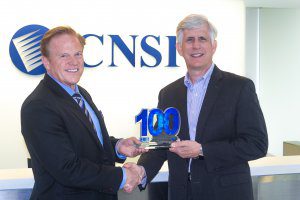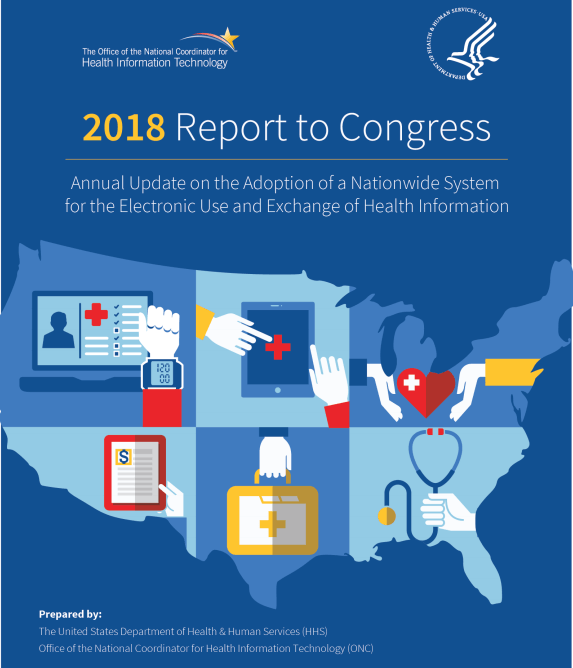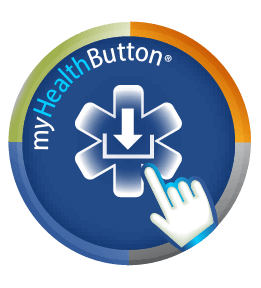Federal Health Interoperability: 5 Building Blocks
Interoperability: it’s a topic that’s top-of-mind for
today’s federal health executives. And it’s no surprise—when done right,
interoperability in the health information ecosystem means greater safety and
better outcomes for patients, along with a boost in efficiency and serious cost
savings all around.
But if federal health interoperability is the finish line,
where should health IT leaders get started? And what building blocks should
serve as the foundation for your interoperability conversations, both with your
internal team and with external partners? Great questions. For answers, let’s
take a closer look at five distinct elements that you’ll want to consider when
developing your own federal health interoperability project.
Standardization
To maximize your data’s value and ability to
be used across agencies and platforms, it’s imperative that you keep electronic
health record (EHR) and health information exchange (HIE) data consistent and
standardized. Any deviation from the standard carries the possibility of
rendering the data useless in any system other than your own, so uniformity is
essential.
Standardization counts too when it comes to
implementation; stakeholders must agree, upfront, to implementation standards
if you are to ensure a base level of delivery for customers. If one partner
doesn’t have the technology, the funding or the will to meet the base standard,
the time to find that out is before
the project kicks off rather than once agreements have been signed and
resources have already been extended.
Not certain the best way to standardize data
across data sets? Check out the DATA Act first. The Digital
Accountability and Transparency Act (or DATA Act) of 2014
established government-wide data standards for reportable spending information
and has since been updated with guidance on handling personally identifiable
information. Other Data Coalition acts, including the Open Government Data Act, may provide
additional best practices on standardization.
Clear governance
Another building block of federal health IT
interoperability is that of governance; essentially, who is responsible for
(and has access to) what resources and when? Agreement on these roles and the
rules of engagement upfront is imperative to the success of your shared
project. The time to determine how you will overcome challenges and work out
any issues in the shared decision-making process is before the process begins, not in the middle of the situation, so
ensure that you, your internal stakeholders and your partner agencies are on
the same page.
Security & privacy
With ransomware attacks against municipalities making
headlines and data breaches wreaking havoc on a regular basis,
it’s understandable that data security and privacy are primary concerns for
both federal health executives and consumers. And exchanging data across
agencies brings its own challenges that must be resolved.
The Office
of the National Coordinator for Health Information Technology (ONC)
has developed specific guidelines related to achieving interoperability in an
ecosystem where individuals are at the center of their care and providers have
access to a big-picture view of their health, courtesy of a single, secure EHR
drawn from disparate sources. Check out ONC’s Interoperability
Standards Advisory for more information.
Technological viability
Think about your technology stack and the
platforms and tools you use on a regular basis. Could your current software
handle your new interoperability tasks? If not, how difficult would it be for
your organization to switch to something completely new? And what impact would
that change have on other areas of your organization?
Before moving forward on a joint project, each
partner and stakeholder must honestly assess your current technology’s
infrastructure and capabilities. Along those lines, you must also assess your
organization’s ability and willingness to adopt and adapt to new technology.
Your interoperability success will be largely dependent on how committed you
are to making changes that will facilitate interoperability and smooth
information exchange.
Mutual goals, values and trust
The most successful interoperability projects
are those that not only have a strong technology foundation, but a strong
organizational foundation as well—and at the core of that relationship is a
sense of mutual understanding and trust between the stakeholders involved. The
reality is that in projects of this scope, mistakes will be made and things
will be overlooked. Knowing that your partners and stakeholders are just as
committed as you are will help you keep everything in perspective rather than
allowing it to throw you off track.
Do you
have a specific interoperability challenge that’s keeping you awake at night?
Are you encountering more stumbling blocks than building blocks? Get in touch with us today to learn more about how we can help you
overcome your interoperability challenges.
 Jim Garrettson, founder and CEO of Executive Mosaic, presented Todd Stottlemyer, CEO of Client Network Services, with his first
Jim Garrettson, founder and CEO of Executive Mosaic, presented Todd Stottlemyer, CEO of Client Network Services, with his first 

